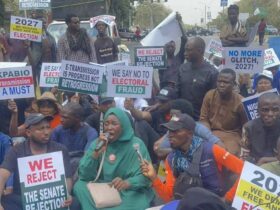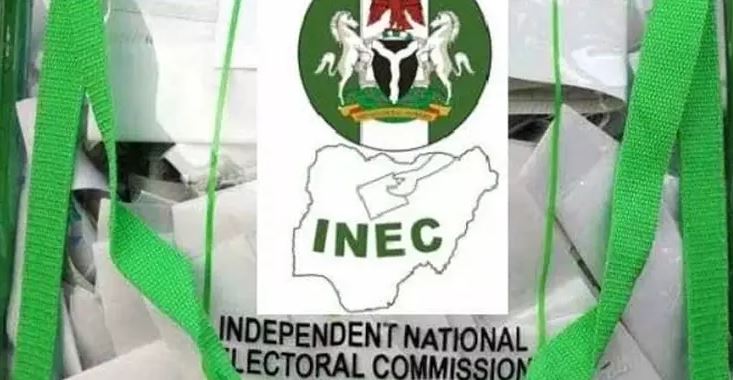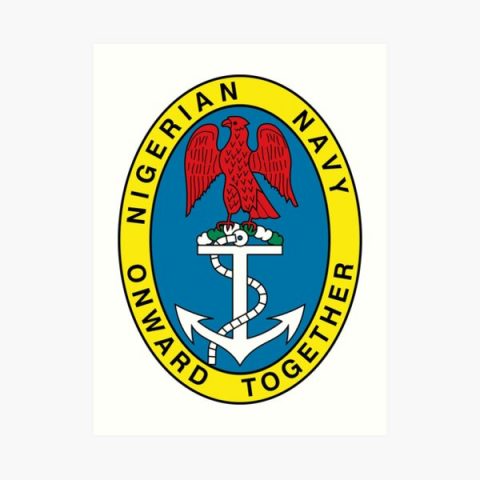| African Development Bank Group has launched the Remote, Appraisal, Supervision, Monitoring, and Evaluation (RASME) initiative in Tunis to strengthen the supervision of development projects using cutting-edge processes.RASME, a collaborative effort between the Bank Group, the World Bank’s Geo-Enabling for Monitoring and Supervision initiative, and KoBoToolbox (www.KoBoToolbox.org), provides real-time digital data-gathering tools that enable the Bank, its clients and development partners to prepare projects effectively, report on their progress and evaluate impact transparently. Mohamed El Azizi, African Development Bank Director General for North Africa, and Tarek Bouhlel, Director General of Cooperation in the Tunisian Ministry of Economy and Planning, led the launch event, attended by representatives of the public and private sectors. “Today’s launch celebrates the success of a cooperation that enhances development efficiency for the benefit of the populations we serve, thanks to cutting-edge technology. We are proud of this partnership in such a strategic area for the country,” said El Azizi. Bouhlel highlighted the initiative’s significance. “This solution holds strategic importance for Tunisia. We are all aware of the importance of having reliable and accessible data to ensure effective and efficient project management. Decision-making will be easier to accelerate the realization of our development priorities.”RASME’s rollout in Tunisia includes a training, communication, and change management program. Over four days, more than 70 project managers representing the Bank and public institutions will be trained to collect and process operational data in various digital formats, including photos, videos, audio, and maps, using mobile devices and computers.Over the last roughly 50 years, the partnership between the African Development Bank and Tunisia has covered projects in energy, water, transportation, agriculture, social development, and information and communication technology. |















